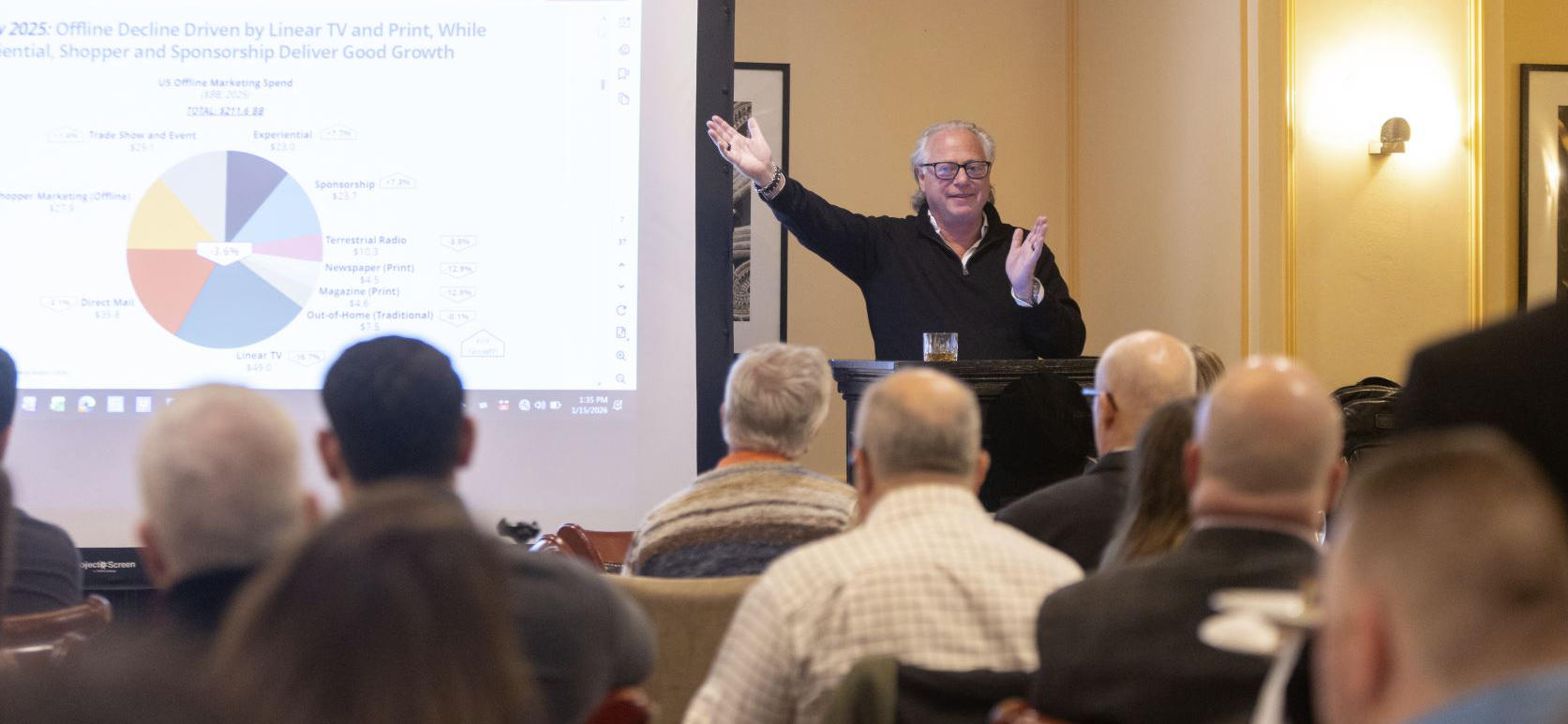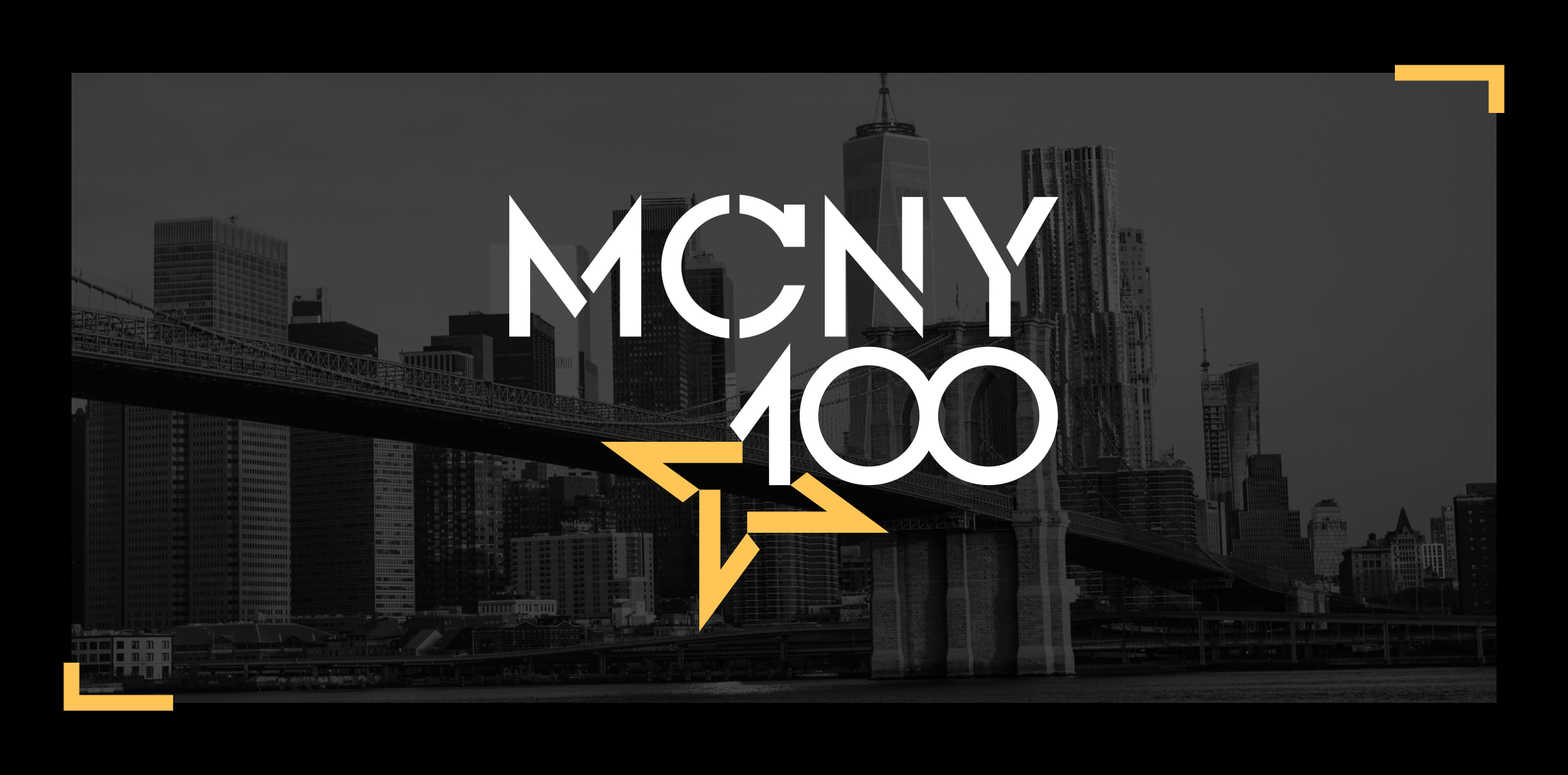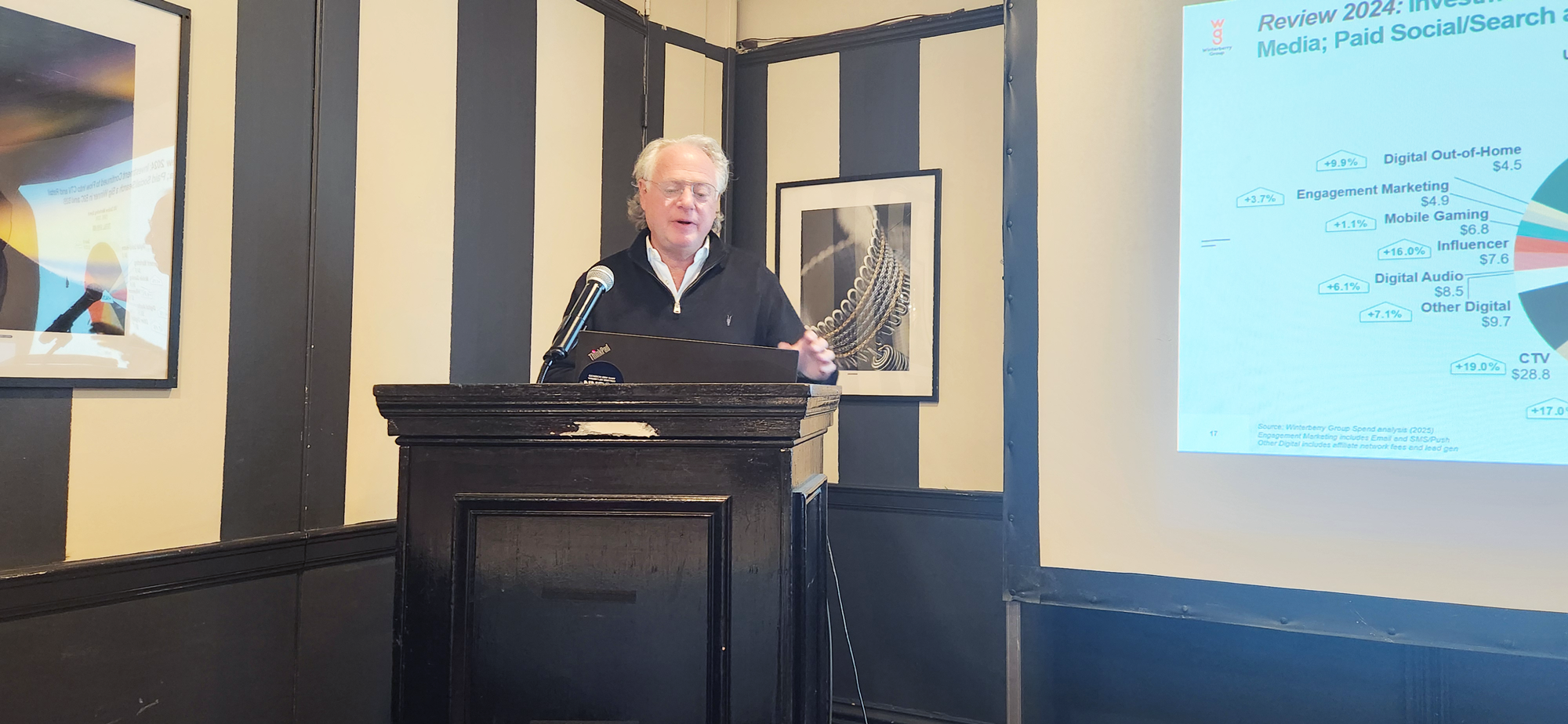

We’ve entered into a “give an inch, expecta mile” era of marketing, where nearly all consumers have become entitled ones, constantly demanding personalized service of the highest quality.
Think about it: You’re on a plane, hurtling 30,000 miles above the earth traveling 500 miles an hour…but instead of being in awe, you’re annoyed that the Wi-Fi is So Damn Slow. We’ve all been there. And that’s the point. The best customer experiences have set the bar high for allcustomer experiences.
A conversation on that topic led Selligent Marketing Cloud CMO Nick Worth and Dave Frankland, well-known marketing industry analyst and customer experience expert, to rethink customer-centric marketing. After conducting research and focus groups with about 7,000 consumers, the two coauthored Marketing to the Entitled Consumer — with the goal of helping marketers tackle the seemingly unreasonable expectations of consumers today, and to create a more successful brand in the process.
MKTGinsight spoke to Worth and Frankland to get their insight into what it takes to market to today’s entitled consumer.

Who is the entitled consumer, and how did you discover this persona?
Worth: We were having a conversation, complaining about the lag between the icon on the Uber app and the actual location of an Uber car, and how annoying we found it when they were sometimes five, six, even seven seconds out of sync. We realized that we were being ridiculous. What difference did it make if the Uber car and icon were out of sync by a few hundred yards?
We realized that the entitled consumer was us.
That led us to think about the expectations that
consumers now have from brands and from digital services, and how that has changed the way that marketers have to operate.
Today, consumers expect brands to know every single thing about them: their preferences, where they are the moment they receive a message, what channel they’d like to receive messaging on, and all of that. So, we used the word entitled because it means “expecting special privileges.” And we think all consumers, including ourselves, expect special privileges from brands.
Frankland: From a research point of view, we were expecting to find that some of us are more are more entitled than others. We surveyed 7,000 consumers — 2,000 in the U.S., and 1,000 each in the U.K., Spain, France, Germany, and Italy. What we saw is just how mainstream entitlement is. There were no major differences between age, gender, economic status, urban versus rural, etc. No matter how we cut it, about three quarters of consumers are entitled.
So, that was a big surprise.
From a marketing perspective, with 76% of consumers being some form of entitled, our recommendation is to treat everyone as entitled.
How did this high level of entitlement come about?
Worth: It all starts with technology. There’s something in the book we call transference of entitlement. It used to be that you compared the buying experience in one industry only with experiences in other industries. For example, you’d compare buying a car with the other times you bought a car. These days, because you receive almost every service through a digital interface, which is similar in all industries, you begin to compare everything to everything — every consumer experience compared to every other consumer experience — regardless of industry.
As a consumer, you begin to expect that every brand will deliver on the highest quality experience that you’re receiving from any other brand.
What that’s created is essentially an experience arms race that then drives consumer entitlement. All brands, even those with old brick-and-mortar traditions, are forced to keep up with the latest-born digital services.
Consumers don’t see why they’re not getting the level of personalization that they know is possible — since they now understand that they’re sharing data with brands. “Why doesn’t it work better? They have all the information.”
One of the things the privacy debate has highlighted is the fact that consumers are exchanging data with brands and that has opened consumers eyes to the idea that if you have that data, first of all, guard it and, second, “act on it to give me individualized services since I know you can.”
What advice can you give marketers working to meet these ever-rising expectations?
Frankland: There’s the foundational side of things, and then there’s the mindset or the cultural approach side of things.
You can’t meet consumer expectations unless you understand your customers. We’ve been talking for years about big data and customer insight. You need to gain some understanding of customers to meet the expectations of these entitled consumers.
The other thing we’ve been talking about for a while is omnichannel engagement. As a consumer, I don’t care that you have different teams responsible for your website, Facebook, and email. I think of you, the brand, and me, the consumer; I expect you to know who I am, and I want my experience to be seamless. We as consumers don’t notice it when it’s good and resent it when it’s bad. That’s the foundational side.
Then, on the cultural side, there are three things that need to shift as part of this notion of reciprocal value. For years we’ve talked about customer lifetime value; how we maximize the share of wealth and the value of a consumer. Today, you also need to think about the value you deliver to the consumer. So that’s one.
The second is relevance. Relevance isn’t just basic personalization; it’s the content, it’s the imagery, it’s also the element of restraint — the decision not to send an email or mailer when it’s not relevant.
The third element is respectful empathy, the notion of putting yourself in consumers’ shoes.
How can companies stay competitive against behemoth competitors with deep pockets in this environment?
Worth: The stakes are incredibly high. Boston Consulting Group says there’s $800 billion in revenue available to brands that have a superior personalization strategy. But you need to define what winning means to your company. To me, winning is being better than your competitors. So, if you’re in a vertical where the current level of individualized marketing isn’t particularly high, the goal is not to be perfect and match the world leader; the opportunity is to understand what’s happening with consumer expectations and move more adroitly to meet those needs than your competitors do. If marketers can do that, they’ll gain in the marketplace.
Frankland: I couldn’t agree more. One piece of advice I have for marketers is, benchmark against your own ideal. Even Amazon is not perfect.
Take an incremental approach. There are things you can do that cost nothing if you think differently. Every company can get better. A lot of it comes down to mindset and willingness to invest in something. Maybe technology, maybe process; they can be hard to change, but can move the needle in a big way.
As we said, in terms of transference of entitlement, once a consumers experience something with one brand, they want that in other places — it doesn’t have to be a competitor.
Worth: Marketers can take an overly narrow view of experience, but there are different kinds of experiences that you can deliver. Companies might build connections with their customer community that transcend individualized marketing because what they’re doing is creating a tribe around a cause. Or they can compete on superior service or the lowest price or the best individualized communications. All of those things are valid approaches.
With that, we do argue strongly that you have to commit to one or a collection of those strategies, because if you end up not focusing your efforts, you will lose.

About the Author
Claudia Conlon is working as the research assistant for DMCNY’s 2018 Silver Apple Awards. She’s a senior studying Economics and Political Science at the University of Miami. Her wide-ranging work experience—from customer service to social marketing to event production—gives her a broad perspective on the interplay of consumers and businesses and how customer experience impacts the economy. This experience and her drive and desire to succeed makes her comfortable taking on new challenges.








